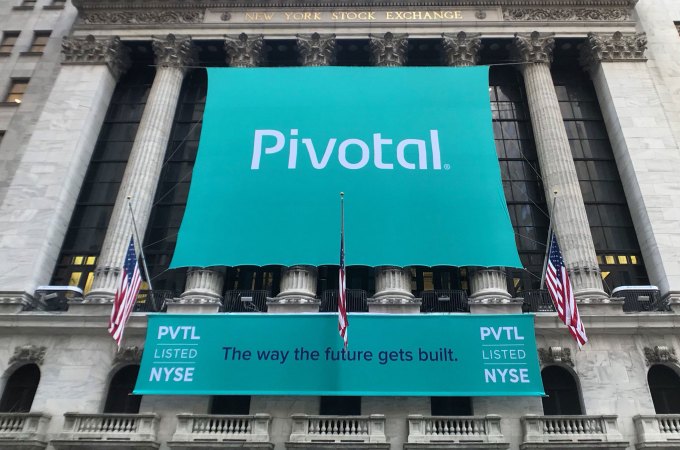
The Daily Crunch is TechCrunch’s roundup of our biggest and most important stories. If you’d like to get this delivered to your inbox every day at around 9am Pacific, you can subscribe here.
1. Microsoft tweaks privacy policy to admit humans can listen to Skype Translator and Cortana audio
The change comes after a recent Motherboard report that contractors were listening to personal Skype conversations and Cortana audio recordings. Microsoft is just the latest tech giant to get called out for failing to make it clear that human contractors could be listening to users’ audio recordings.
When asked about the policy changes, the company said, “We realized, based on questions raised recently, that we could do a better job specifying that humans sometimes review this content.”
2. AT&T and T-Mobile team up to fight scam robocalls
The two companies will today begin to roll out new cross-network call authentication technology based on the STIR/SHAKEN standards — a sort of universal caller ID system designed to stop illegal caller ID spoofing.
3. Amazon launches a new program to donate unsold products from third-party sellers to charity
The program’s launch follows a series of news reports earlier this year, which found that Amazon warehouses routinely trashed millions of unsold items.

Photo: Pivotal
4. VMware says it’s looking to acquire Pivotal
Pivotal is best known for commercializing the open-source Cloud Foundry platform. Its shares have struggled since the company’s IPO in April 2018.
5. UPS takes minority stake in self-driving truck startup TuSimple
TuSimple, which is backed by Nvidia, ZP Capital and Sina Corp., is working on a “full-stack solution,” developing and bringing together all of the technological pieces required for autonomous driving.
6. Racial bias observed in hate speech detection algorithm from Google
Researchers at the University of Washington were interested in the idea that databases of hate speech currently available might have racial biases baked in — like many other data sets that suffered from a lack of inclusive practices during formation.
7. Inside Voyage’s plan to deliver a driverless future
In two years, Voyage has gone from a tiny self-driving car upstart spun out of Udacity to a company able to operate on 200 miles of roads in retirement communities. (Extra Crunch membership required.)


